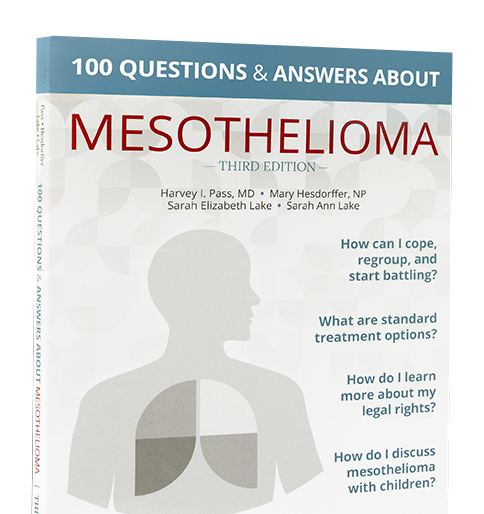A Seattle hotel owner has been fined more than $300,000 for exposing unsuspecting workers to asbestos. According to a K5 News report, during a recent lobby renovation, “an asbestos-abatement contractor discovered that much of the ceiling was originally constructed with cement-asbestos-board.” Instead of hiring a certified asbestos-abatement contractor, the hotel owner hired untrained workers from a roofing contractor to remove the ceiling without informing them of the presence of asbestos.
In addition to finding that the owner used untrained workers to save money, the Washington State Department of Labor and Industries (L&I) found “12 intentional workplace health violations related to removal of the asbestos.” Ten carried a penalty of $35,000—the maximum amount allowed for an employer of the hotel's size.
L&I's Assistant Director for the Division of Occupational Safety and Health, Anne Soiza, called the actions by the hotel owner “unconscionable.” Asbestos is an “extremely hazardous material that's notorious for causing cancer and other serious health issues," she said. “Removal and disposal of asbestos-containing building materials must be done by a certified abatement contractor.”
About Mesothelioma
Mesothelioma starts in the cells in the linings of certain parts of the body, especially in the linings of the chest (pleura) or abdomen (peritoneum). Asbestos exposure is the only cause of this debilitating cancer. Around three out of four mesotheliomas are pleural mesotheliomas. Most of the remaining cases are peritoneal mesotheliomas. Pericardial mesotheliomas (around the heart) and mesotheliomas of the tunica vaginalis (the covering layer of the testicles) have been reported, but both conditions are extremely rare.
It can take decades after exposure to asbestos for mesothelioma to develop, so the disease is often diagnosed in the later stages. Late stage disease offers the fewest treatment options, and a poor prognosis. Fortunately, advances in medicine have led to detection methods such as blood, breath, and other tests that could help detect the disease sooner. Individuals that have been exposed to asbestos can develop a monitoring plan with their doctor to watch for signs and symptoms of disease.
Symptoms of pleural mesothelioma include chest pain, cough, shortness of breath, and weight loss. Symptoms of peritoneal mesothelioma include abdominal pain and swelling, weight loss, nausea and vomiting, and constipation.
There is no cure for mesothelioma. However, depending on the stage, treatments such as chemotherapy, surgery, and radiation could help you live longer.
If you have been exposed to asbestos, see your doctor right away.
Sources
Ellouk, Bernard, and Travis Pittman. "Seattle Hotel Owner Fined for Asbestos Exposure to Workers." K5 News. KING-TV, 23 Jan. 2018. Web. 20 Feb. 2018.
"What Is Malignant Mesothelioma?" American Cancer Society. American Cancer Society, Inc., 2018. Web. 20 Feb. 2018.






